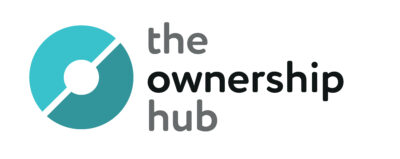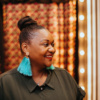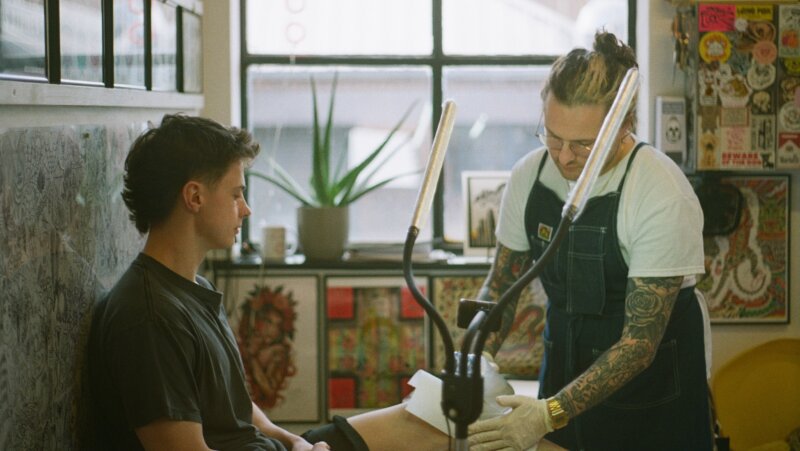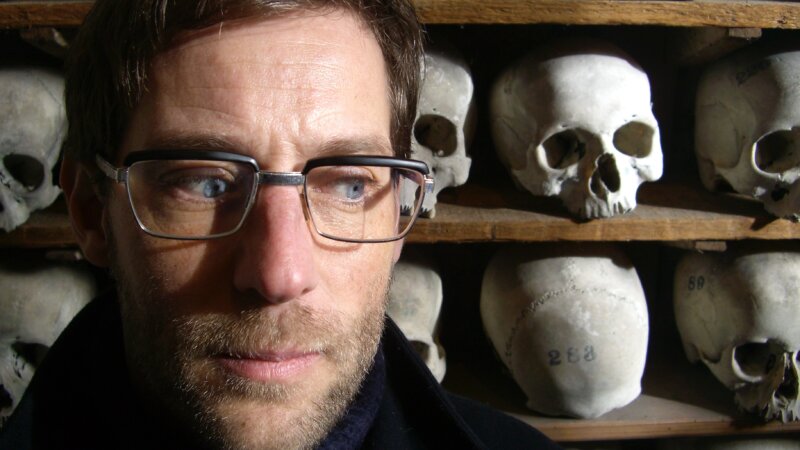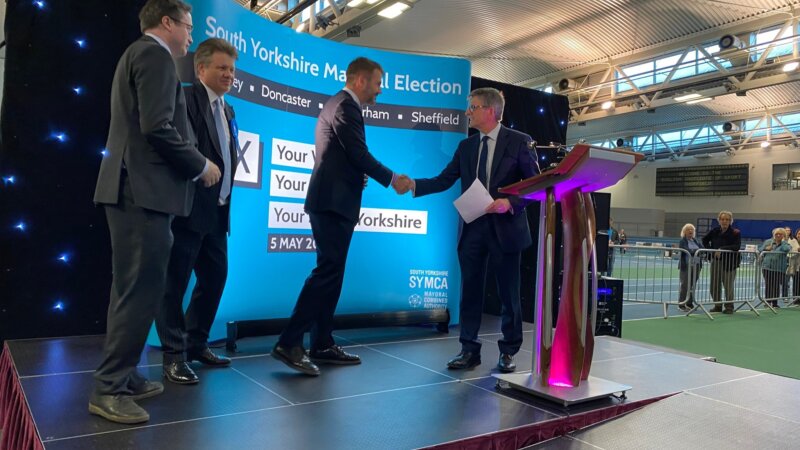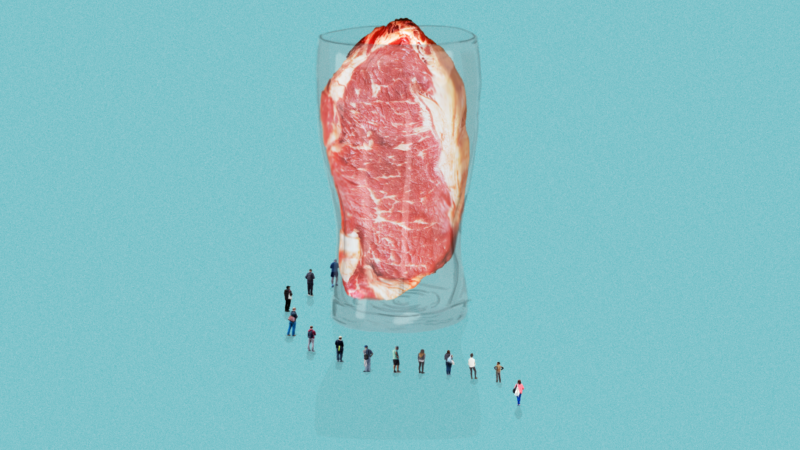Agency in the Workplace: HLM Architects
Employee rep Jill Fedyk tells us about HLM Architects' journey towards staff empowerment since the company became employee owned two years ago.
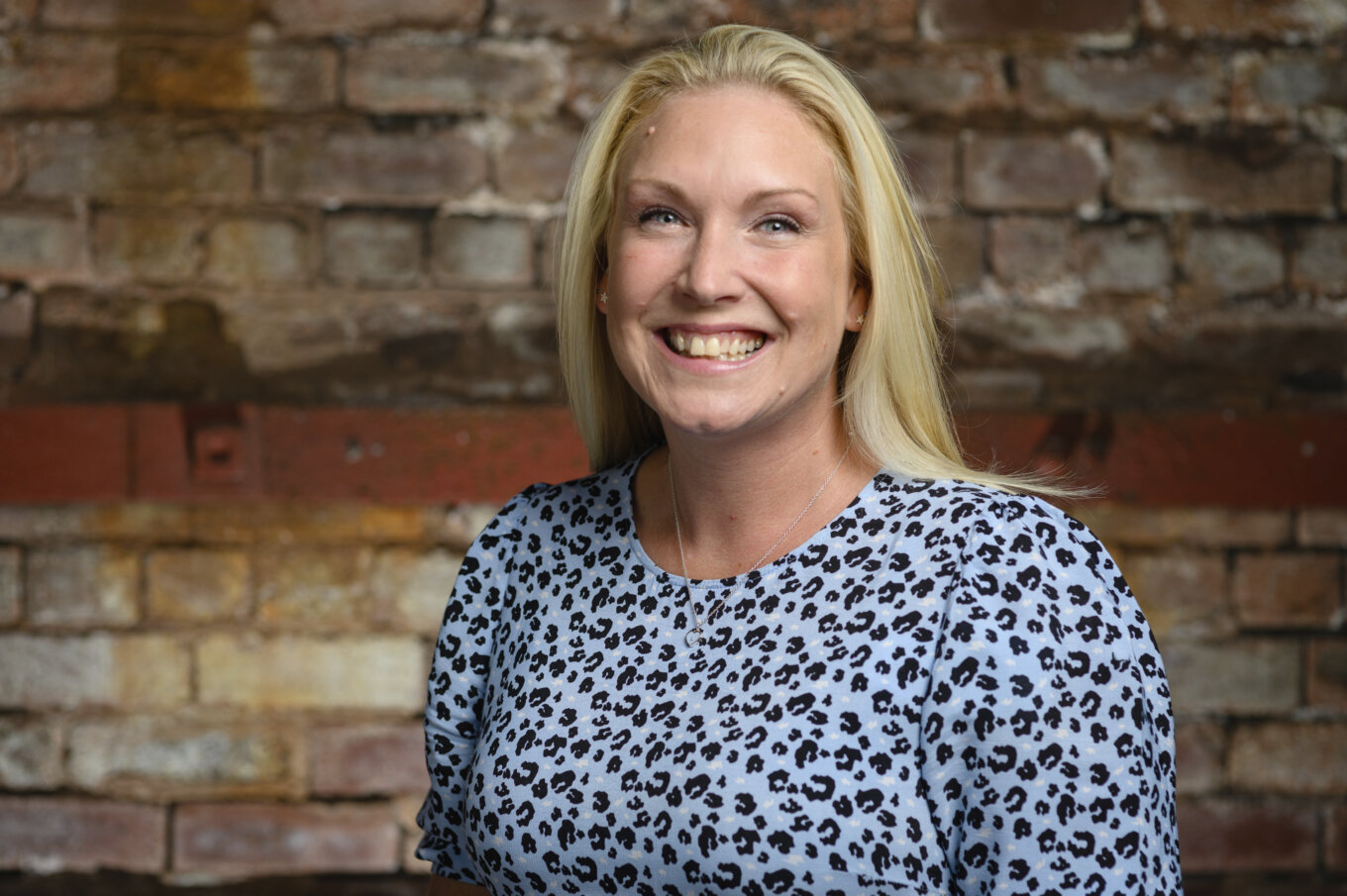
Jill Fedyk of HLM Architects.
This piece is part of our generative inquiry entitled Agency in the Workplace, exploring worker ownership and worker control of organisations in South Yorkshire through the stories of local people.
HLM Architects is an employee-owned architectural practice
with offices in Sheffield, Cardiff, Glasgow, Belfast, Dublin and
London. Founded almost 60 years ago, HLM employs more than 200 people
who since early 2021 have jointly owned the businesses through an Employee Ownership Trust (EOT).
HR
coordinator and employee rep Jill Fedyk told us more about the work
HLM is doing to empower its worker-owners, including through its Voice
Hub.
How has having ownership in your workplace changed your life?
It’s definitely improved my life. There are so many positives since we've transitioned to an EOT [employee owned trust]. But ultimately our culture is already embedded in everything we do, because it goes back decades. Although leaders may have changed, shareholders may have retired, essentially it all remains the same. I think becoming an EOT, and transitioning to being employee owned, just embodied all of that. All the good stuff we've been working on for years – it's encapsulated and formalised it, and given us all a structure.
For me personally, and for quite a few others, it's also been really positive in that it's helped me to progress professionally. I am honoured I was given the responsibility and opportunity to be director on the board of trustees. I'm also an employee rep, so the last two years have been an incredible opportunity to learn from some remarkably experienced people, gain experience and also have the responsibility of representing the employees. I've got nothing but positive [things to] say about transitioning to an EOT.
We have a bonus payment scheme, so annually there's a bonus that's paid. If you've contributed in the previous year, then each year just before Christmas, you get that financial benefit that you've worked for. Everybody gets the same percentage.
I suppose it's given me confidence in the security of my job. I'm not going to say it's a 'nicer' place to work, because I love my job and I've always loved working here. That hasn't changed, culture wise. [The HLM] culture is having a voice and having an opinion, and feeling like you're really making a difference. All of that has always happened, but I think [employee ownership] just normalised it.
What commitments do you hold that are important for you in your work?
I am in HR, which means I'm here to look after everyone, across all of the business. I'm a qualified mental health first aider and I was the first one in the business. I'm an employee rep and represent the views of people.
We have this thing at HLM – ‘everything's connected’. It's a long-running joke, as it's the most overused phrase, but it's so true! We've got six studios, but we all work as one team. So, you could be working on a project with someone in Glasgow, or Belfast, as if you're sitting next to them in Sheffield.
I helped set up the Voice Hub, effectively an employee
council. But we're architects and we stray far away from the word
‘council’, so it's the Voice Hub.
I get people really excited, because
I'm incredibly passionate, I love my job and just want everyone to be
happy and engaged.
Why is it so important to you that there's that voice and connectedness?
Everybody has a voice and we've always had an open-door
policy at HLM. In the inductions, my HR introduction always stresses to
people not to sit on anything. Don't go home, at the end of the day,
worrying. Just grab your line manager, get it out.
Anywhere, it's often the loudest voices that seem to get heard, whereas [with] the Voice Hub, everything is anonymous. The Voice Hub reps are elected from a diverse group, from all over the company, and all different departments. So, in your team or studio, there's someone that you feel is approachable. There's someone there that you can go to if you have an idea.
I think the reason I find it so important is, I want everybody to feel that sense of belonging. That's the whole thing about becoming an owner – you really feel that sense of ownership, like we can all make a difference. We're all accountable.
It's that feeling of, us all belonging somewhere, and we're all working on this together.
What would you like to see happen next? What's the best thing that could happen?
You know what, I think the best things are happening [already], because the Voice Hub has been incredibly powerful.
The best thing that's happened is that real sense of understanding how the business works [from] the employees, and understanding the difficult, complex decisions that leaders have to make.
When it came to the cost-of-living crisis, the board went to the Voice Hub and asked: What's the best thing that we could do for the employees during the cost of living crisis? Do you think we should be having Christmas parties? Would people rather have the money? The Voice Hub spoke to staff, and they came back with confirmation that they’d like parties.
But from that they also found that staff could benefit from a bit of education, so I set up some financial wellbeing sessions with our pension brokers. We had sessions on budgeting, pensions and retirement, which people found really useful.
Again,
everything's connected. It's everyone leaning into people,
appreciating that employees really have incredible ideas.
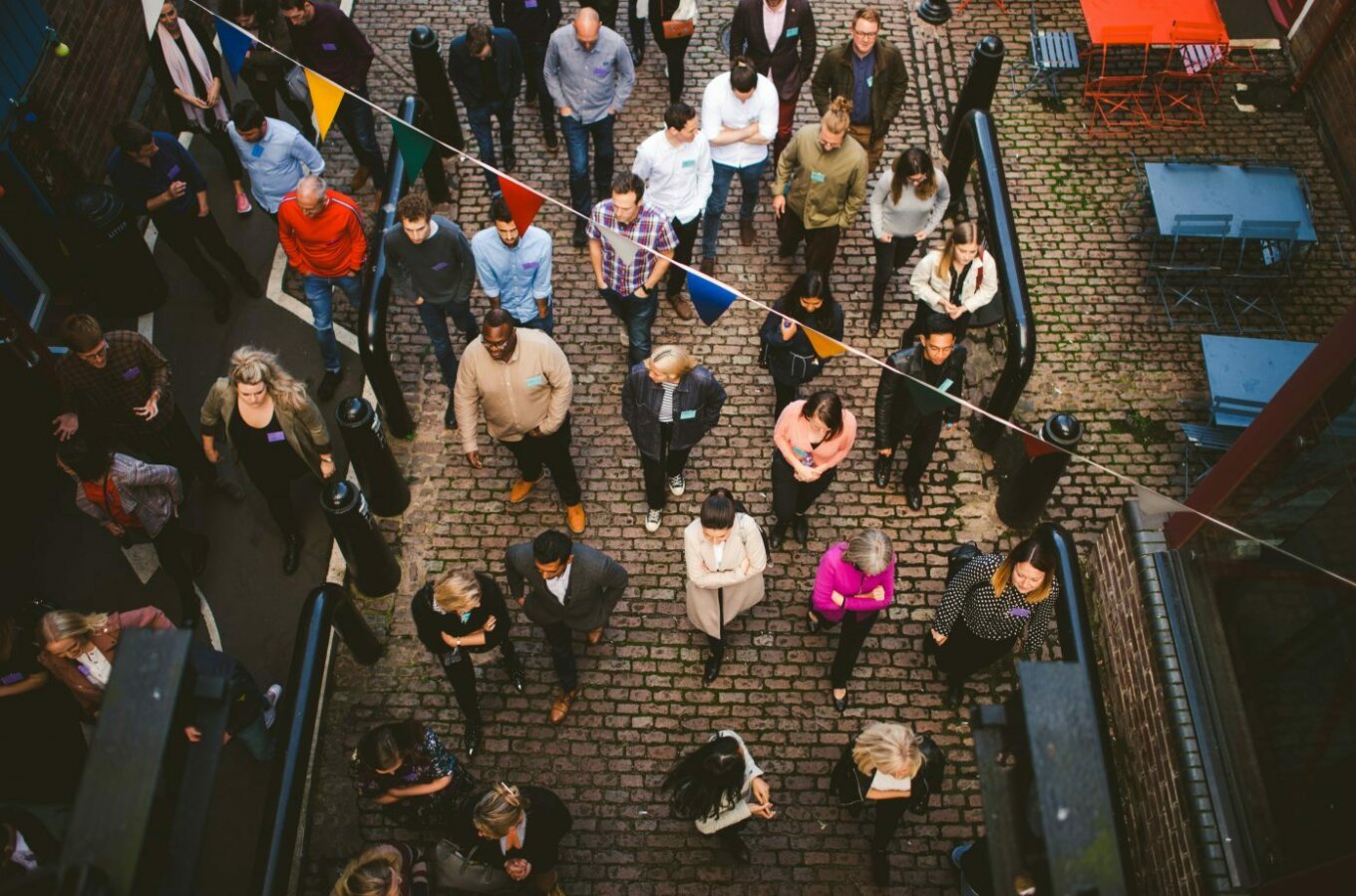
Staff at HLM.
Is there anything that you need from the community to make that happen?
We're still learning from the community. The last thing we did, which
I can't take credit for, is we connected with other employee owned
businesses within the community.
Gripple especially has been a real support, because at the beginning, you're trying to find your feet and you don't know what’s what. So we connected with Gripple, Airmaster... and they were really helpful with sharing ideas.
I would say, as a community, sometimes businesses are a bit
like secret squirrels. But just share – share what you do, because it
has a huge positive impact on everything.
If worker owned organisations became the norm, how might communities in South Yorkshire change?
Oh, for the better, definitely.
I have never owned a business, so I can't talk about owning
a business, but from an employee point of view, I think it would create
more inclusivity and more diversity of thought.
I think you've noticed, I am not a numbers person, I'm a people person, but I am sure I've read somewhere that employee owned businesses are more profitable. If they're making more money, that's more money in local people's pockets, more money that they're going to spend in the local area.
Ultimately, the ownership of the business is in the employees hands now. There's now a structure in place that's given everyone this sense of ownership, because you've got a say in the longer term direction of the business, so it can't be sold, can't be bought out. The main reason I think that's so important is it means that the core values and the purpose can't change. It's there for generations to come and I think that's what would benefit the community – that's why more businesses should do it.


